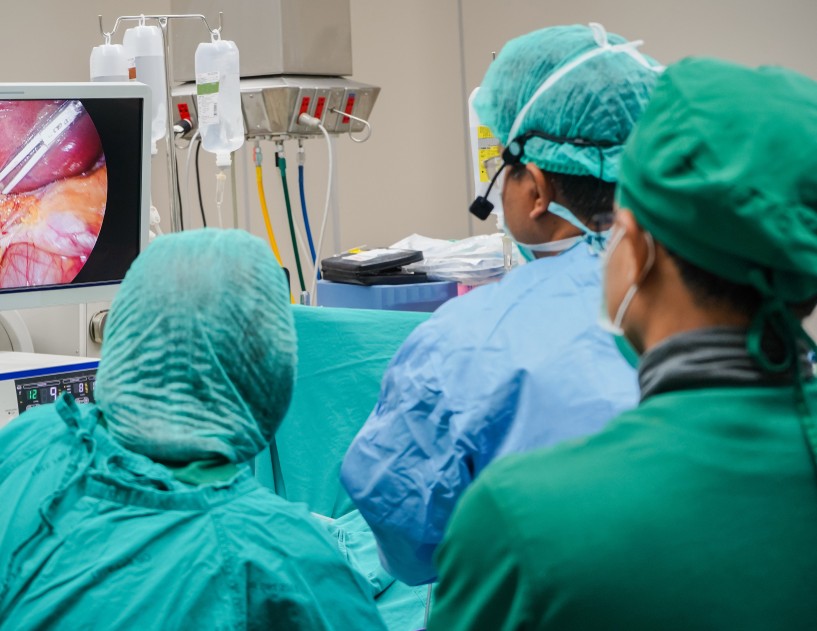Editor's Note Care can be highly variable across outpatient settings for patients receiving follow-up care for traumatic brain injury (TBI), such as for skull fracture repair and shunt placement. Inadequate follow-up care after initial injury is a key factor in the potential for poor TBI outcomes. A new clinical practice…
Editor's Note Gamification in perioperative education has become a popular way to engage learners in different ways, including as teams. Perioperative educators shared their tips for creating and implementing effective gamified perioperative education in the December issue of AORN Journal. One essential goal noted was to ensure educational goals are…
Editor's Note Balancing a limited nursing staff without compromising quality patient care or staff satisfaction can be a delicate balancing act. One large midwestern hospital experiencing inadequate nurse staffing levels and a spike in discharge delays tested a new staffing model in which LPNs supported medically stable patients through a…

Editor's Note In this session, Beverly Kirchner, BSN, RN, CNOR(E), CASC, vice president of compliance at TriasMD and ambulatory surgery center (ASC) track leader for the OR Manager Conference, spoke on behalf of Parkland Health’s JD Boucher and Karen Garvey on how violence against healthcare workers is rising and requires…

Editor's Note Pairing short, human-led preoperative videos with structured postoperative texting streamlines workflows without sacrificing clinical touch at ambulatory surgery centers (ASCs), said Austin Cheng, CEO of Gramercy Surgery Center in New York City, and Tracy Hoeft-Hoffman, MSN, MBA, RN, CASC, administrator of Heartland Surgery Center in Nebraska, at the…

Editor's Note A new medical training institute in Charlotte, North Carolina, is positioning itself as a major national destination for robotic and minimally invasive surgery education, Axios Charlotte October 29 reports. The North American headquarters of IRCAD (Institut de Recherche contre les Cancers de l’Appareil Digestif, or Research Institute Against…

Pinpoint accuracy in surgical technique has advanced beyond what many ever thought possible. Unfortunately, such refinements have been slower to reach the perioperative business front. OR leaders often rely on vague metrics and educated guesses to guide their teams. Ambient artificial intelligence (AI) is changing that. When integrated with data…

Effective communication is the foundation of patient safety in the modern surgical environment. Most surgical procedures depend on seamless collaboration among surgeons, nurses, surgical technologists, and anesthesiologists, and when communication breaks down, patient risk rises sharply. In 2024, the American College of Surgeons reported standardized surgical handoffs improved adherence to…

Editor's Note Advocacy begins where safety meets purpose. That was the resounding message from UF Health Shands’ Michele Brunges, MSN, RN, CNOR, CHSE, director of surgical services; Katherine Hayes, BSN, RN, CNOR-CARD, nursing professional development specialist for perioperative services; and Kristy Perry, MSN, RN, CNOR, clinical coordinator of the north…

Volunteering is, at its core, about giving back. Yet many volunteer opportunities also create pathways to elevate one’s career and professional identity. At the American Board of Perianesthesia Nursing Certification, Inc (ABPANC), nurse volunteers grow both personally and professionally, gaining new knowledge, forming connections, and finding renewed purpose and emotional…